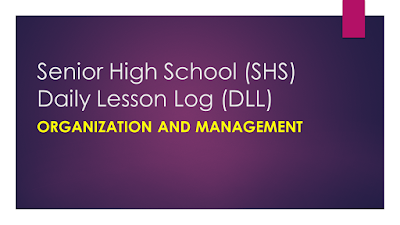
Image thanks to We Support Solar
In October I was invited to The International Renewable Energy Agency (IRENA) in Abu Dhabi. I joined a workshop on strengthening social acceptance and dispelling misconceptions about renewable energy, sharing experiences from the UK.
The three-day meeting gathered a coalition of over 40 advocates and experts from across the globe. The group included representatives from The American Council on Renewable Energy (ACORE), Masdar, Vestas, The Rocky Mountain Institute, WWF and Greenpeace International; all of us united in finding a solution to bringing clean power into the mainstream.
My last blog was a summary of my presentation to the group ‘How to work together to improve social acceptance’. Here I share some of the key insights and lessons from the ‘We Support Solar Campaign’, which were communicated to the global audience in Abu Dhabi. Why? The campaigned helped to drive social acceptance of solar power in the UK.
A Case Study: We Support Solar, United Kingdom
The ‘We Support Solar’ campaign was founded in the UK in 2008 by Solarcentury, to bring together disparate support for solar power, educate the public and political community on the power of solar and present the argument for a Feed-in tariff. Before the Feed-in tariff, the UK had a couple of hundred solar installations – it’s now nearing half a million, on course for 20GW by 2020 and number five in the world in terms of generating capacity.
We Support Solar acts as a useful model of how to bring about social acceptance for renewable energy as, crucially, it brought together economic, social, political and environmental calls for solar. Included in the campaign were celebrities, 300 MPs, 500 businesses, NGOs and thousands of individuals.
Five lessons from the campaign:
1. Select a single conductor
A campaign hub is essential for the strategic execution of any communications activity. This allows co-ordinated, strong, timely and sustained delivery of messages with powerful content and partners.
2. Be clear and targeted with your message
Be absolutely clear what you’re saying and to whom, with a bold mission and call to action. For effective communication, it’s essential to create simple, emotional and rational messages. For renewables, it’s key to deliver messages on the economy and society as well as environment.
3. Collaborate
A joined up approach is very powerful. Creating partnerships and tapping into networks which bring your messages to life is more powerful than the industry speaking alone. We Support Solar’s relationship with Friends of the Earth, the CBI and construction industry was a key component of success. Don’t forget the power of popular celebrities. The campaign had the support of Lilly Allen, Alistair McGowan and The Klaxons amongst others. Customers are also key – they carry much credibility when telling your story. Above all, connect with driven MPs – Alan Simpson and Colin Challen were crucial in securing real change at policy level.
4. Create great content and use a variety of channels
Make content exceptional, new and exciting. It must challenge, educate and inspire audiences. Let it breathe your vision and mission, enabling people to see what is possible. Even better if it’s playful at times. Challenging new insight is fundamental to getting cut through, whether this is delivered through reports, educational materials or case studies. This can be packaged in a number of ways, whether written, visual or moving image. Don’t underestimate the value of building relationships with key journalists.
5. Be bold
We must shout loud and be bold. We must be bolder than the opposition, and talk in a more creative, more intelligent way. We must show success, momentum, appetite and bring people on our journey. Renewable energy is the next step in our evolution. Let’s not lose sight of the need to communicate this big picture. Yes, we must communicate facts, but we will only see connection and action if we add human spirit and emotion.
What’s next?
Workshop participants agreed to form a “coalition for action” to improve public support for renewable energy, building on IRENA’s broad convening power. More information and presentations from the workshop can be found on the IRENA website.

The post Renewables: The need for human spirit (as well as facts) appeared first on .




















